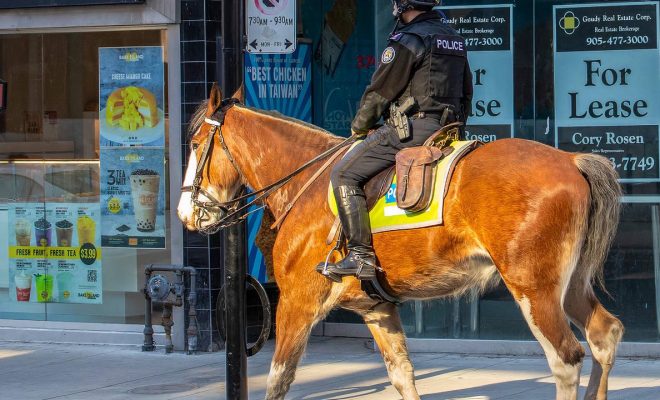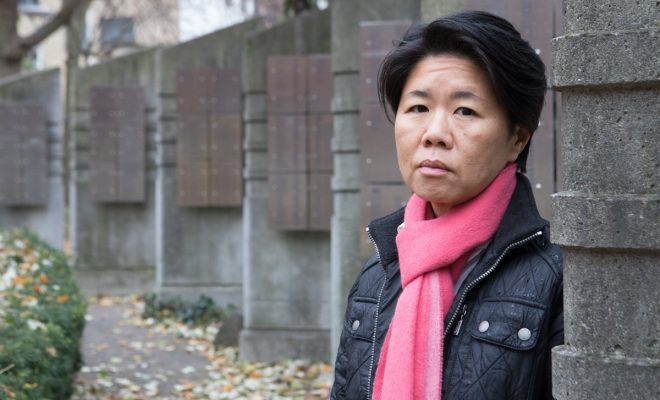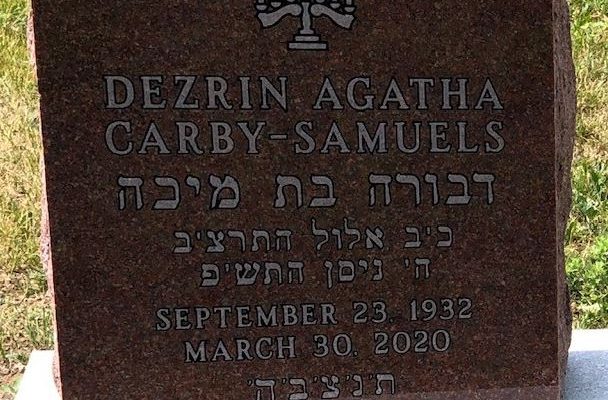CAQ Picks a Twice Defeated PQ Candidate to lead their Party’s Election Race

The CoalitionAvenir Quebec is relying on a two-time defeated Parti Quebecois candidate to win a riding that has been aParti Quebecois stronghold for 33 years.
Business woman, Martyne Prevost is pursuingan election conquest this fall in Marie-Victorin, south of Montreal. She ran for the PQ in the 2007 and 2008 elections in another riding.
She has declared she is no longer a sovereigntist and would vote No if there were an independence referendum.
In 2016, with more than 52 percent of the votes, the PQ’s Catherine Fournier won Marie-Victorin in a byelection, while at just 14 percent, the coalition candidate came third place.
The Coalition has led the province in many opinion polls taken recently or atleast had a close tie with the presently prevailing liberals.
The unicameral legislature — the National Assembly of Quebec — has 125 members. Government is conducted based on the Westminster model.Compared with 28 seats for the PQ at the national assembly, the liberals have 67 seats, compared with 28 for the PQ, 21 for the Coalition and three for Quebec solidaire. The independents have only 6.
The election would be launched at the end of August be held Oct. 1.
The election date law of the province states “the general election following the end of a Legislature shall be held on the first Monday of October of the fourth calendar year following the year that includes the last day of the previous Legislature", this means the elections would be held on October 1, 2018.
The Coalition Avenir Québec a center-right provincial political party was founded by party leader and businessman Charles Sirois. The party is made up of both Quebec nationalists and federalists. The party has always voiced its support for more autonomy if necessary and no sovereignty.
Members and supporters of the party are talked about to as "caquistes", derived from the French pronunciation of the party’s initials. Even though party had entreated to be referred to instead as "coalisés".
The politics of Quebec consists of a constitutional monarchy and a parliamentary democracy and is centered on a provincial government resembling that of the other Canadian provinces, the provinces capital is Quebec City, and houses the Lieutenant Governor, Premier, the legislature, and cabinet reside.
For a little history into the province of Quebec, the city is one of the four founding provinces of the Canadian Confederation. Guarantees for the maintenance of its language and religion under the Quebec Act of 1774 formed part of the British North America Act. The official languages in Quebec Courts and the |provincial legislature are French and English. The Roman Catholic and Protestant religions provide a dual school system which is publicly funded.Under the Constitution Act, 1867 the provinces were granted control of education. The religious based school systems continued in Quebec until the Parti Québécois government of Lucien Bouchard in 1990 requested an amendment under provisions of the Constitution Act, 1982 to formally secularize the school system along linguistic lines.












